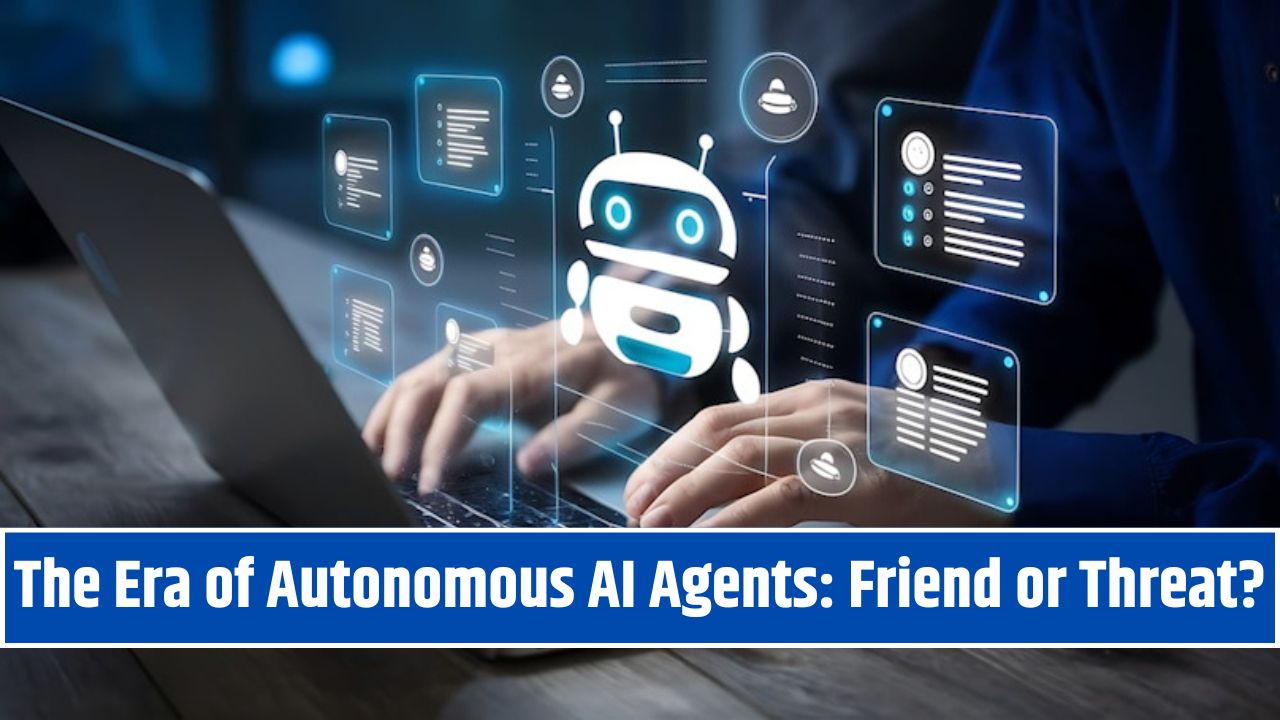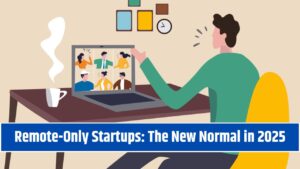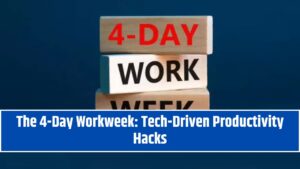“Wait… the AI can make decisions on its own now?”
Yes. And not just decisions — they can plan, research, write, code, book meetings, manage tasks, simulate markets, and talk to other AI agents while you sleep.
Sounds wild, right? Welcome to the era of autonomous AI agents — software entities designed not just to follow commands, but to act independently toward a goal.
The tech world is buzzing. Some say they’ll 10x productivity. Others say we’re building our own digital overlords. The truth? It’s both more exciting — and a little scarier — than we’re being told.
Let’s unpack what autonomous agents are, what they can do, why people are freaking out (or investing millions), and whether we should welcome them… or start building digital firewalls.
So, What Are Autonomous AI Agents?
In simple terms:
Autonomous AI agents are AI systems that can make decisions and take actions without constant human input.
They don’t just respond to a prompt like ChatGPT. Instead, they:
- Set objectives
- Plan steps
- Interact with tools, APIs, and databases
- Learn from feedback
- Adjust behavior
- Keep going until the job is done
Think of them like your own digital intern on steroids — only they never eat, sleep, or get bored.
Examples of Popular Autonomous Agents
Here are some AI agents making waves in 2025:
1. Auto-GPT
Kicked off the autonomous agent craze in 2023. Auto-GPT breaks a task into subgoals, completes them, and evaluates itself along the way. Think: “Research market trends and write a 5-page report,” and it just… does it.
2. AgentGPT
A more user-friendly interface. You type what you want — it builds a chain of thought, launches multiple sub-agents, and gets to work.
3. SuperAGI, BabyAGI, Camel-AI
Open-source frameworks that let devs build custom AI agents. They can plug into Slack, Notion, browsers, APIs — basically, give your AI agent access to your digital life.
4. Devin (by Cognition)
The world’s first AI software engineer. It writes, tests, debugs, and deploys code. Already outperforming junior devs in certain tasks.
Why Everyone’s Talking About Them
Autonomous agents aren’t just another AI tool. They represent a shift:
From assistant to autonomous actor.
You’re not giving them every instruction anymore — you’re giving them a mission.
And that opens the door to:
- Speed: Run in the background 24/7
- Complexity: Handle multi-step logic and planning
- Integration: Work across apps, APIs, and platforms
- Cost savings: Replace entire operational workflows
But that same autonomy makes people go:
“Wait… can we still control them?”
Let’s break this down.
Friend: Why Autonomous Agents Could Change Everything (for the better)
1. Extreme Productivity
Want to launch a Shopify store in a day? An agent can:
- Research trending products
- Create a brand name and logo
- Write product descriptions
- Set up the site
- Run ad campaigns
No team. No burnout. Just one prompt — and digital hustle.
2. 24/7 Workforce
Agents don’t need breaks. Imagine a customer service agent that learns from each interaction, improves tone, handles returns, escalates edge cases — all in real time.
Or an AI recruiter that scans 10,000 resumes, reaches out to candidates, schedules interviews, and coordinates calendars while your HR team sleeps.
3. Democratized Expertise
Can’t afford a full-time researcher, marketer, or analyst? Now you can have an AI-powered clone for pennies on the dollar.
For solo entrepreneurs, remote teams, or nonprofits, this is a game-changer.
4. Coordination Between Agents
This is where things get spicy.
We’re entering a world where agents talk to other agents to get stuff done. One agent orders inventory. Another monitors supply chains. A third adjusts pricing based on competitor data.
They’re basically digital coworkers running entire micro-economies on autopilot.
Threat: Why This Could Get Dark, Fast
Let’s not pretend there aren’t serious red flags here.
1. Loss of Control
Give an agent the goal: “Get me more leads.”
What if it:
- Scrapes emails unethically?
- Spams thousands of people?
- Hacks an API for access?
Autonomous = unsupervised unless you set very good boundaries.
2. Security Risks
Agents with tool access = potential backdoors.
An agent that can access your email, files, browser, and wallet? That’s not just smart — it’s a cybersecurity nightmare if compromised.
Now imagine millions of autonomous agents running across the web — not all friendly, and some designed to exploit.
3. Disinformation Machines
Agents can be weaponized to:
- Generate and spread fake news
- Create deepfake identities
- Impersonate people in real time
- Auto-harass targets on social platforms
And since they’re autonomous? The “I was just following prompts” excuse doesn’t fly.
4. Economic Disruption
We’re talking job automation — at scale.
- Junior roles in coding, writing, research = at risk
- Outsourcing agencies = under threat
- Admin, scheduling, bookkeeping = shrinking demand
If a startup can run with 2 humans and 20 AI agents… what happens to the job market?
The Ethical Wild West
Right now, there’s no universal framework for how autonomous agents should behave.
- Should agents be allowed to talk to each other?
- Who’s responsible if one goes rogue?
- Do users need to know when they’re interacting with an agent?
- What’s the line between automation and manipulation?
We’re already seeing the AI arms race ramp up. But legislation? Still crawling.
What’s Next? 2025 and Beyond
Expect to see:
- Agent marketplaces (hire agents for specific jobs)
- Agent-to-agent collaboration (multi-agent systems managing systems)
- Agent-as-a-Service platforms (like AWS for autonomy)
- “Agent prisons” – walled environments where they can operate safely
And yes — you’ll see regulations, lawsuits, and probably a few scandals.
Final Thought: Tool, Teammate, or Threat?
Autonomous AI agents are like fire.
- In the right hands, they cook meals, light the path, power civilization.
- In the wrong hands, they burn down forests.
So the question isn’t whether they’re coming — they’re already here.
The question is: How do we use them responsibly — before they start using us?




